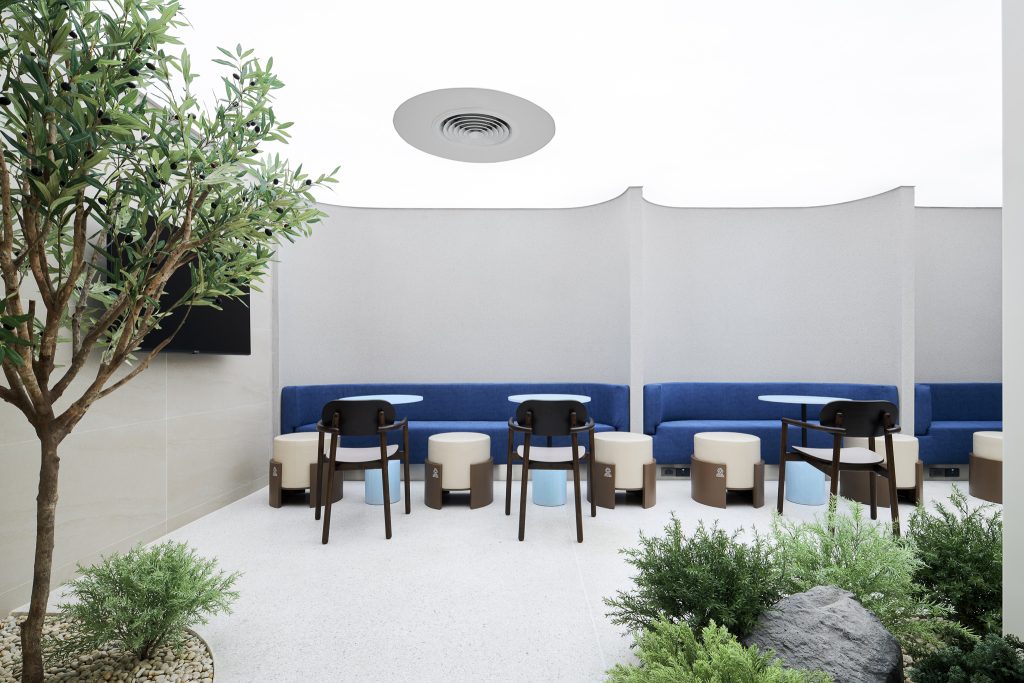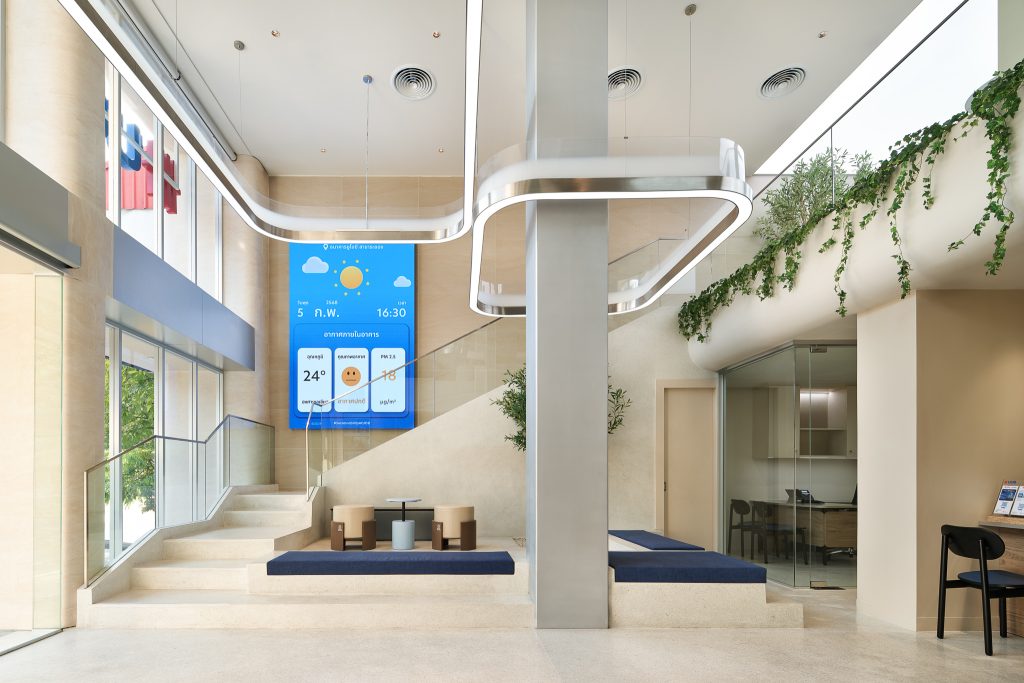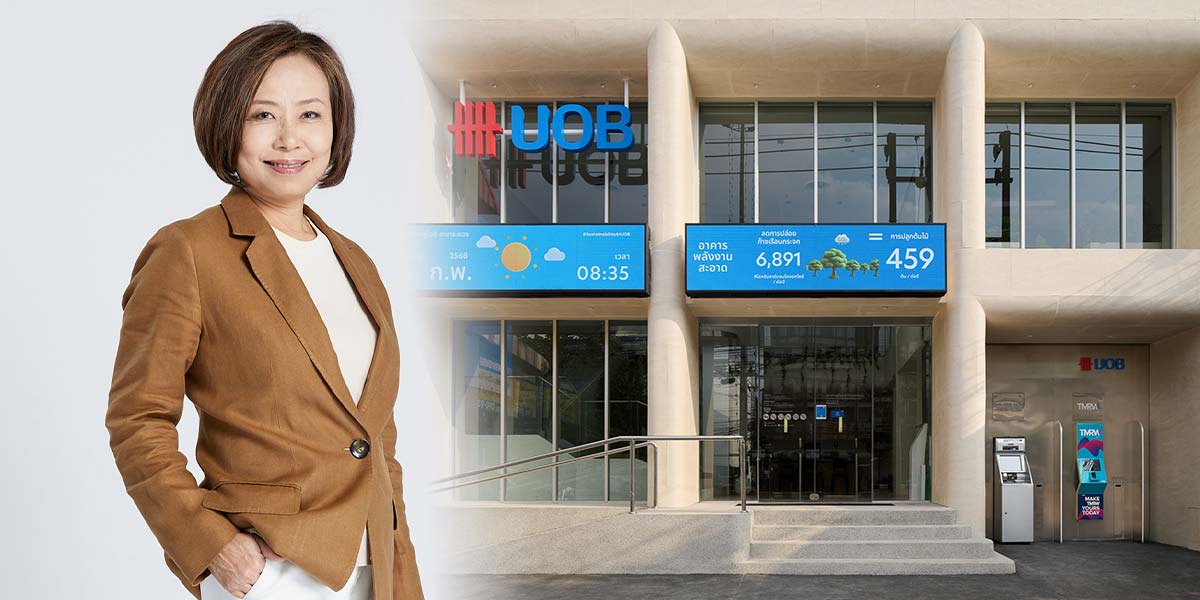UOB Thailand has recently opened the newly-transformed Rayong branch, marking the Bank’s first sustainability flagship branch in Thailand, with LEED certification anticipated in 2025. This milestone underscores UOB Thailand’s ongoing commitment to environmental sustainability and its goal of maintaining operational carbon neutrality.

Ms Piyaporn Ratanaprasartporn, Head of Channels & Digitalisation, UOB Thailand, said “Sustainability is one of our strategic priorities, and we take a comprehensive approach to integrating it across all aspects of our businesses. The Rayong branch is designed to be more than just a place for banking; it is a space that fosters collaboration, engagement, and knowledge sharing on sustainability while minimising environmental impact through the implementation of energy-saving technology.”

Rayong province is located within the Eastern Economic Corridor (EEC), which is a key region driving Thailand’s economic growth. As this area continues to expand, UOB Thailand recognises the growing needs to cater to the businesses with sustainability goals. Designed with sustainability at its core, the newly remodeled Rayong branch reflects the commitment the Bank has as an organisation and the commitment for customers. The branch integrates renewable energy, eco-friendly materials, water conservation design and advanced air quality systems, offering not only a modern banking hub but also a space for financial advisory and sustainability knowledge sharing with the community.

The renovation of the Rayong branch compliments UOB Thailand’s broader sustainability strategy. Through its branch transformation roadmap, with Rayong branch as a flagship green branch as a standard bearer for our future branch facilities, the Bank aims to reduce Greenhouse Gas (GHG) emissions from its branches by 16 per cent in 2030, compared to 2024, which is equivalent to planting 41,200 trees.
The Bank has started to retrofit its nationwide network of 144 branches to be environmentally friendly and energy efficient including replacing paper-based materials with digital alternatives, installing solar panels, installing water and air purification systems and adopting electronic vehicles for transportation.





